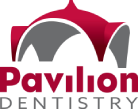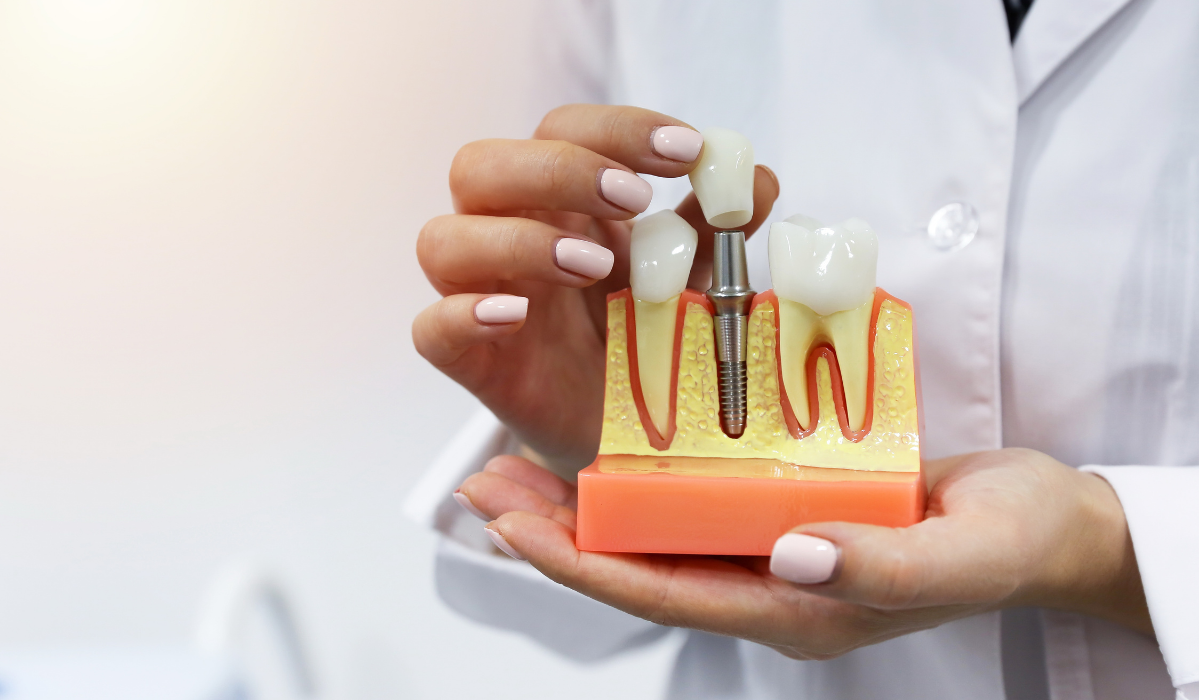Dental implants have revolutionized tooth replacement, but not everyone is an ideal candidate for this treatment. At Pavilion Dentistry in St. Catharines, we carefully evaluate each patient to determine if dental implants are the right choice. Understanding the key factors that influence candidacy helps patients make informed decisions about their oral health.
Understanding Dental Implant Candidacy
The success of dental implants depends on several interconnected factors. While most people can receive dental implants, certain conditions may affect the treatment outcome or require additional preparation before placement.
“I was worried my diabetes would prevent me from getting dental implants,” shares Margaret, a patient at Pavilion Dentistry. “But after working with my doctor to control my blood sugar, I was able to proceed with treatment successfully.”
The evaluation process for dental implants involves examining your overall health, oral condition, and lifestyle factors. Additionally, we consider your commitment to maintaining excellent oral hygiene and attending regular follow-up appointments.
Medical Conditions That Affect Dental Implant Success
Diabetes and Blood Sugar Control
Diabetes significantly impacts healing and infection resistance. However, well-controlled diabetes doesn’t automatically disqualify patients from receiving dental implants. The key is maintaining stable blood sugar levels before, during, and after treatment.
Patients with uncontrolled diabetes face higher risks of:
- Delayed healing around dental implants
- Increased infection rates
- Poor integration between implant and bone
- Long-term implant failure
“We work closely with patients’ physicians to ensure optimal blood sugar control before placing implants,” explains the team at Pavilion Dentistry. “This collaboration significantly improves success rates.”
Heart Disease and Cardiovascular Health
Certain heart conditions may require special precautions during implant surgery. Patients taking blood thinners need careful management to balance bleeding risks with cardiovascular protection.
Furthermore, some patients require antibiotic prophylaxis before dental procedures. The dental team coordinates with cardiologists to ensure safe treatment protocols for dental implants.
Autoimmune Disorders
Conditions like rheumatoid arthritis or lupus can affect healing and immune response. Additionally, medications used to treat these conditions may impact bone metabolism and healing around dental implants.
However, many patients with autoimmune disorders successfully receive implants with proper planning and monitoring.
Age Considerations for Dental Implant Candidates
Younger Patients and Jaw Development
Dental implants require fully developed jawbones. Therefore, most dentists wait until patients reach 18-21 years of age before placing implants. This ensures that facial growth is complete and won’t affect implant positioning.
Older Adults and Dental Implant Success
Age alone doesn’t disqualify patients from receiving implants. Many seniors in their 70s, 80s, and beyond successfully receive dental implants with excellent outcomes.
However, older adults may have additional considerations:
- Multiple medications that affect healing
- Chronic health conditions requiring management
- Reduced bone density from aging
- Longer healing times compared to younger patients
Bone Health Requirements for Dental Implants
Adequate Bone Volume and Density
Successful implants require sufficient bone to support the titanium post. Bone loss often occurs after tooth extraction, potentially compromising implant placement.
The evaluation process includes:
- 3D imaging to assess bone volume
- Bone density measurements
- Assessment of sinus proximity (for upper jaw implants)
- Evaluation of nerve location (for lower jaw implants)
Bone Grafting Options
When insufficient bone exists, bone grafting can create the foundation needed for implants. This additional procedure extends treatment time but significantly improves long-term success rates.
Lifestyle Factors Influencing Dental Implant Candidacy
Smoking and Tobacco Use
Smoking dramatically reduces dental implant success rates. Nicotine restricts blood flow, impairs healing, and increases infection risk around dental implants.
Statistics show that smokers have:
- 2-3 times higher implant failure rates
- Increased risk of peri-implantitis (gum disease around implants)
- Slower healing and integration
- Higher complication rates
“Quitting smoking was the best decision I made before getting dental implants,” notes Sarah, who successfully quit six months before treatment. “My healing was excellent, and my implants have been perfect for three years.”
Oral Hygiene Commitment
Implants require excellent oral hygiene for long-term success. Patients must commit to:
- Brushing twice daily with proper technique
- Daily flossing or interdental cleaning
- Regular professional cleanings
- Avoiding habits that damage teeth and implants
Teeth Grinding and Clenching
Bruxism (teeth grinding) can damage dental implants and surrounding structures. However, this doesn’t disqualify patients from treatment. Instead, protective nightguards help preserve dental implants in patients who grind their teeth.
Financial and Practical Considerations
Treatment Commitment
Implants require multiple appointments over several months. Patients must be willing to:
- Attend all scheduled appointments
- Follow post-operative instructions carefully
- Maintain excellent oral hygiene
- Return for regular maintenance visits
Realistic Expectations
Successful dental implant candidates understand the treatment process, timeline, and expected outcomes. They have realistic expectations about appearance, function, and maintenance requirements.
Making the Decision About Dental Implants
The consultation process at Pavilion Dentistry involves comprehensive evaluation of all these factors. We discuss each patient’s unique situation, address concerns, and develop personalized treatment plans.
Ready to learn if you’re a candidate for implants? Contact Pavilion Dentistry at 905-641-2242 to schedule your comprehensive evaluation in St. Catharines.


0 Comments